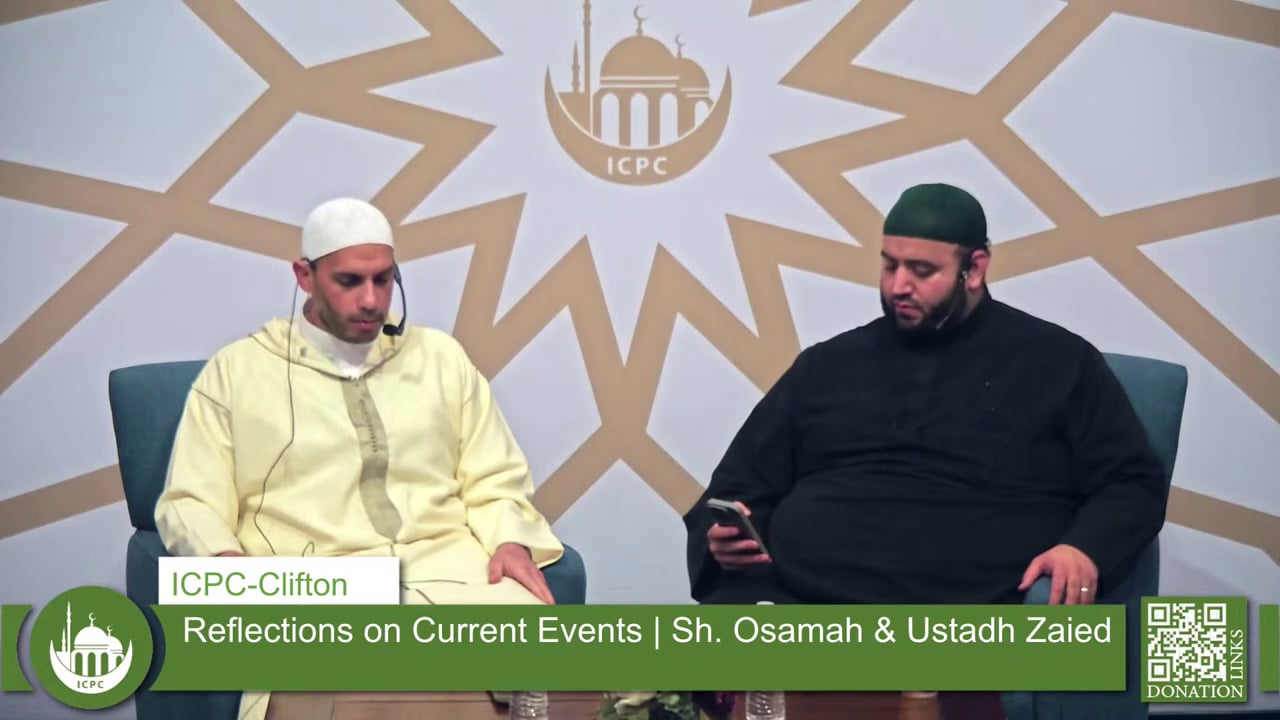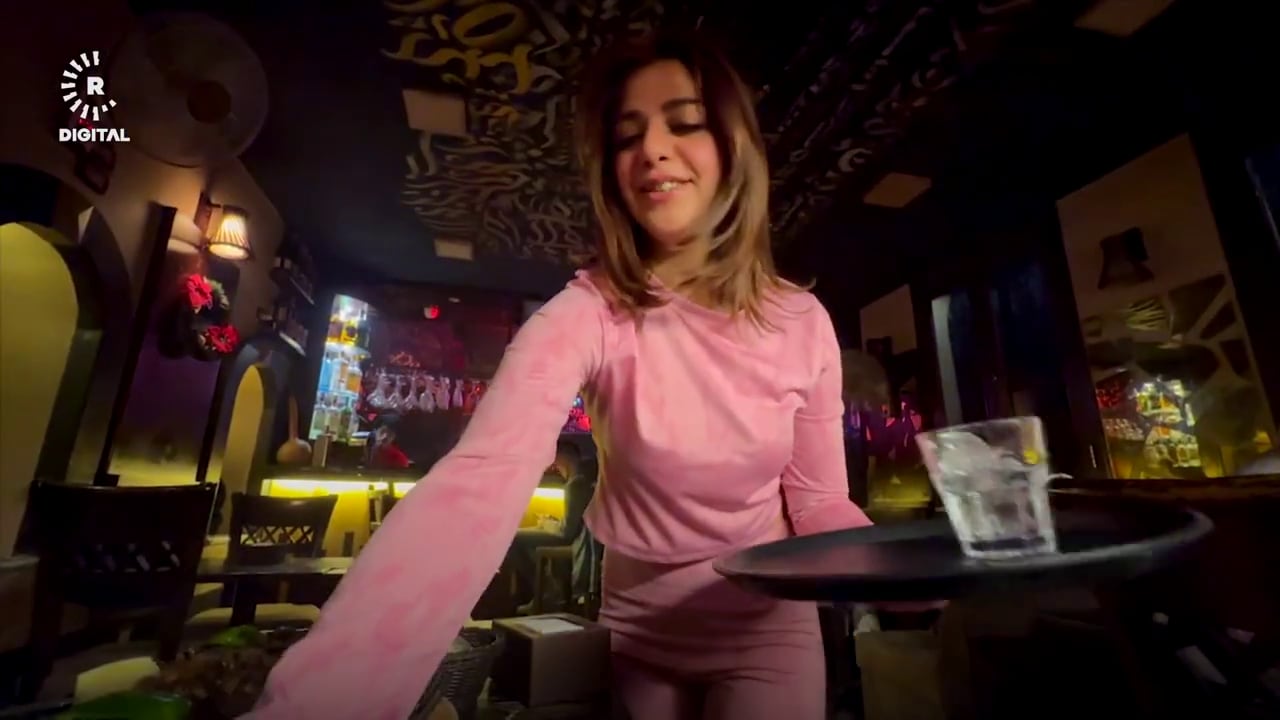
Following are excerpts from a TV program about female circumcision, which aired on Channel 1, Egyptian TV on July 5, 2007:
Interviewer: It is the mother who takes her girl to be circumcised... It is the mother's decision more than the father's.
Vivian Fuad, Egyptian National Council for Women: Yes, but this decision is made for the man's sake – for the sake of the future husband. The mother says: "I am doing this so I can find her a bridegroom."
Interviewer: Why? She won't be able to marry if she is not circumcised?
Vivian Fuad: In some areas people ask about this, and if the husband finds out that the women was not circumcised, he might have her circumcised on the wedding night, or the following day.
Interviewer: Even though she's an adult by now?
Vivian Fuad: It happens.
[...]
We want doctors to regain their respect and their value. This will happen only when the medical schools teach them to counsel the family and provide it with accurate information. The doctors will regain their value only when they refuse to perform this, even when they are offered not just 50 pounds...
Interviewer: But some doctors believe in female circumcision.
Vivian Fuad: That is because they have undergone no change in medical school. In medical school, they should learn the ethics of their profession, and what they are allowed and not allowed to do.
Interviewer: I meant that they are convinced female circumcision can affect the sexual urges. Some doctors are convinced of this.
Vivian Fuad: You know why? Because in some Egyptian medical schools, they have shut down the very important departments of sexology, because they think it is shameful and forbidden and so on...
Interviewer: True. Doctors need to learn these things abroad.
[...]
Vivian Fuad: With regard to the decision of the health minister, which we are discussing – there was already an old decision on this, from 1959. That decision had no loopholes. It completely prohibited doctors from performing female circumcision in private clinics and in hospitals. In other words, this decision is not new. It's very old. No health minister anywhere in the world could possibly agree for a doctor to tarnish the honor of medicine by taking a healthy girl and cutting off a part of her body, merely in order to keep in line with traditions. Our children who go to the medical schools are the cream of the crop. We expect them to got to the rural areas and enlighten the people. Instead, they go to the rural areas and adjust themselves to the traditions, so that the people will like and trust them. In addition, it is a source of livelihood for them.
Interviewer: That's for sure. It is a source of livelihood...
Vivian Fuad: The doctor who killed Bodur charged 50 pounds. The mother borrowed the money, because she didn't have it.
[...]
The Egyptian doctor is highly respected. Government money is spent on him. Money is taken from many others to enable him to become a doctor. The primary duty of the doctors' union is to protect the honor of doctors, so that they will not do things against the ethics of their profession.
[...]
In one village in the Bani Suwef district, we teach the girls and boys to say "no" to female circumcision. We persuade them, using scientific methods and information. We do not pressure anybody. We just give them correct information, in order to convince them. One of our girl volunteers encountered a doctor, who was paying house calls to circumcise the girls.
Interviewer: My God.
Vivian Fuad: The volunteer knocked on the door of one of the homes, until they let her in. The volunteer had been working with this family. She knocked on the door, and said to the mother: "After everything I have told you, why did you let this doctor in, so she could circumcise your daughter?" She wanted to discuss this with the doctor, but the doctor said to the mother: "Lock her up until I finish my work." In the drama that ensued, the girls begged the volunteer to save them. The volunteer was locked up in the kitchen until the doctor finished her work, while the girls were screaming in pain, and then they let her out. What is this degradation? How can an Egyptian doctor possibly stoop so low? People tell you such doctors accept any kind of payment. You can give her some eggs or chickens, or 20 pounds, and she will take it and go. The situation is difficult. We use the taxpayers' money to enable our children to study for free in medical schools, so they will turn out better than us, and benefit their society – not so that things will come to this.
[...]
Interviewer: The strange thing is that even though they suffer after they get married, the mothers insist upon having their daughters circumcised. Umm Ibrahim, do you remember the day you were circumcised?
Umm Ibrahim: Yes.
Interviewer: How old were you?
Umm Ibrahim: 9 or 10 years old.
Interviewer: What happened that day?
Umm Ibrahim: One day, we went to a daya called Fatma. She was a gentle woman, whom I remember to this day.
Interviewer: She was gentle?
Umm Ibrahim: She had dark skin and was fat. We were six or seven girls together.
Interviewer: Six or seven together?
Umm Ibrahim: Yes.
Interviewer: Did she change the blade or not?
Umm Ibrahim: No.
Interviewer: She used one blade for all six girls?
Umm Ibrahim: Yes, it was a small blade.
[...]
Interviewer: Did it hurt?
Umm Ibrahim: Yes, of course. then my mother told me to go swim in the irrigation canal.
Interviewer: Why's that?
Umm Ibrahim: So that the wound would heal.
[...]
I have two cousins who are college graduates. Their mother did not agree to circumcise them, and that was it. My sister had her daughter circumcised a few days ago, and she suffered a hemorrhage.
Interviewer: Why did your sister have her circumcised? Didn't she suffer from it too? Wasn't she circumcised with you?
Umm Ibrahim: Yes.
Interviewer: Why, then?
Umm Ibrahim: When her aunt told her to do it, she did.
Interviewer: When you got married, did you suffer as a consequence of your circumcision?
Umm Ibrahim: Yes, I did.
Interviewer: Did you complain about it? Did you go to a doctor and say anything?
Umm Ibrahim: No.
Interviewer: You didn't want to say anything?
Umm Ibrahim: No, I didn't.
Interviewer: Do you have children?
Umm Ibrahim: I have three.
Interviewer: Any girils?
Umm Ibrahim: I have two boys and a girl.
Interviewer: Have you had your daughter circumcised?
Umm Ibrahim: No, I stood up to my mother-in-law and told her I wouldn't do it. She quarreled with me, but I said "no," and this was in front of my husband.
[...]
Umm Muhammad, former daya: With regard to female circumcision – this was 20 years ago. Today, I do not perform circumcisions anymore. I once went to a village where their daya had died. They said to me: "Umm Muhammad, come and circumcise seven girls." I went there and circumcised only six, and decided that the seventh was not suitable for circumcision. I let her be, and I warned the daya who was with me not to go near her. I told her the girl would hemorrhage, because she is not suitable for circumcision. She waited until I had left, and circumcised her. As a result, the girl hemorrhaged.
The girls scream for their mothers: "Mama, keep her away from me." But what can we do? We circumcise them, and that's it.
You take ash from the oven, and rub it on. Then you grab the two lips, one by one, and [cut], and then the little bit at the top.
In the past, it was always done this way, but today, it is not done this way anymore. For the last 20 years, it has been done this way. There has been progress in medicine, and now there are anesthetics.














